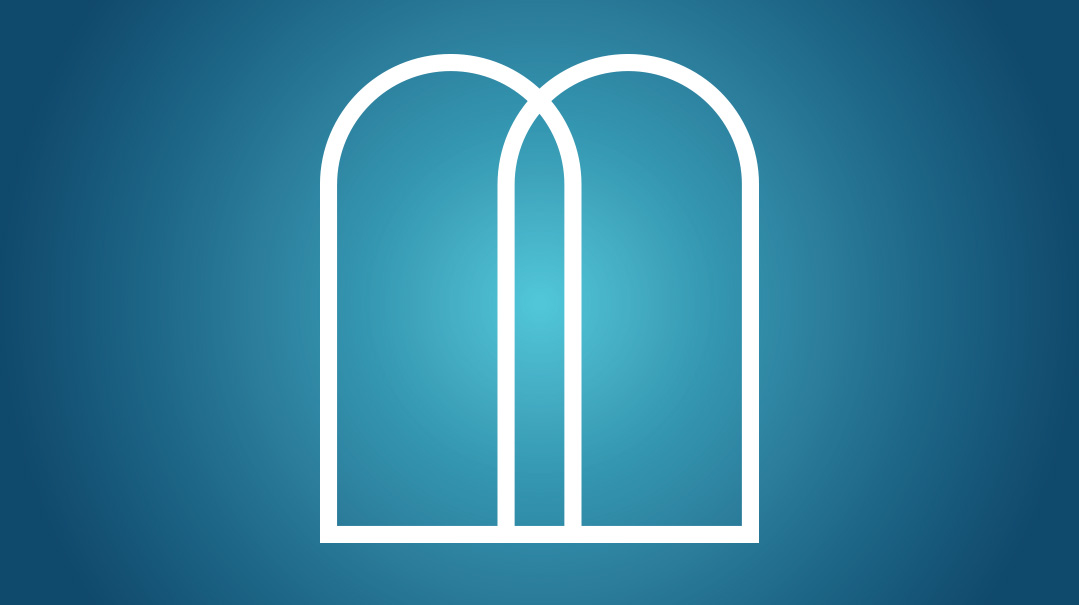Dare to Dream

I had a nightmare — now what?

Last night I had a horrific dream in which someone close to me died a horrible death. I woke up terrified and cannot calm down. My husband suggested convening a beis din and doing hatavas chalom. What is this process and is this necessary in my case?
Hatavas chalom is a procedure recommended by Chazal for one who dreamed a “bad dream,” or any type of dream that is upsetting or unsettling. The concept behind it is based on the Talmudic principal that “dreams follow the mouth,” which means that the outcome of a dream will depend on the direction in which it is interpreted. The hatavas chalom procedure essentially interprets the dream — as horrific and unsettling as it may feel — in a positive and blessed manner. The text of hatavas chalom (with instructions) is published in many of the siddurim available today.
Can my father, brother, or son be part of a beis din to do hatavas chalom?
Yes, they can. As matter of fact, it is preferable to use them, since hatavas chalom is not performed in front of a beis din that makes halachic decisions, but rather one made up of a group of three people who love you (relatives, close friends) who will be happy to interpret your dream in a positive and blessed manner.
The actual dream does not have to be spelled out to the three people, but the petitioner should keep the dream “in mind” while performing the hatavas chalom. (While it’s recommended to do hatavas chalom in front of three men, a woman who is uncomfortable may do so in front of three female friends or relatives.) One who is unable to find three people should perform hatavas chalom in front of a rav with whom he has a personal relationship. Hatavas chalom must be done in person, so designating a proxy (shaliach) to do so on your behalf is invalid.
Why do we say the tefillah regarding bad dreams during Bircas Kohanim? What’s the connection? If I dreamed a bad or unsettling dream, is it enough to wait until the next Yom Tov to say this tefillah, or must I do more?
While the custom to recite the “Ribbono shel Olam” concerning dreams during Bircas Kohanim is explicit in the Talmud and codified in the Shulchan Aruch, the exact reason behind it isn’t specified.
Some suggest that while reciting the brachos, the Kohanim are empowered to channel the great shefa they receive from Hashem to annul bad dreams (Pri Megadim). Regardless, one who experiences a bad dream should not wait for Yom Tov but should arrange her own personal hatavas chalom as quickly as possible.
My 11-year-old has many bad dreams. She wanted to know if there is something she can do or say before going to sleep to protect her from these dreams.
She should recite as much of the text of Krias Shema al Hamitah as possible (especially the verses about the 60 warriors who surrounded Shlomo Hamelech’s bed), preceded by Hamapil, which specifically asks for Hashem help that one’s sleep should not be disturbed by bad dreams or thoughts.
I had a horrible dream in which I was furiously angry at a close friend of mine. Since then, I cannot calm down nor face this person. Should I approach her and tell her my dream, because perhaps there is a basis to my anger?
Unless you think that there may be a “real life” basis to your anger, dismiss the dream as nonsense, which most dreams are.
As a child, whenever I had a bad dream, my grandmother would repeat a few words several times to me and tell me that my dream was now sweet. Do you know what she might have said, and is there any significance to it?
Your grandmother was interpreting the dream in a positive and blessed manner, practicing a form of hatavas chalom that was described earlier.
I read recently that dreaming about losing teeth is a sign of death, and, sure enough, I dreamed last night that I lost all my teeth. Shall I rush to do hatavas chalom?
While it’s true that dreaming about losing teeth is considered a bad omen, in this case there’s no reason for alarm, since we’re taught that one dreams at night about what he thinks about during the day. Since you read during the day about losing teeth, your dream at night was a direct result of what you read, and the dream itself is of no consequence and is not a bad omen. Still, if you remain concerned or unsettled, you may arrange a hatavas chalom.
(Originally featured in Family First, Issue 755)
Oops! We could not locate your form.


